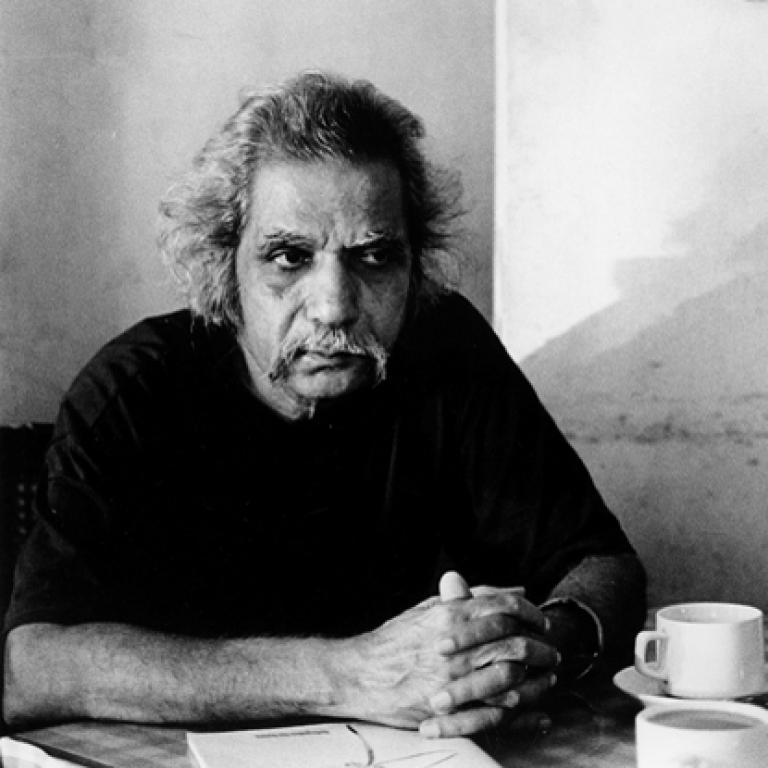 Introduction
Introduction
Arun Kolatkar is a bilingual poet writing in Marathi and
English. He has translated Marathi poems. This poem is a selection from ‘Jejury’,
a collection of his poems.
Synopsis
“An Old Woman” is written by Arun Kolatkar. This poem
presents the old woman in the poem in a different picture as the speaker
discovers her in a new light owing to his changed perspective. He finds this
woman near a temple shrine looking frail but firm in her eyes. She wants him to
take her service to go around the horseshoe shrine for a fifty paise coin.
Though initially the speaker wants to ignore her, she sticks around and he
notices her deep conviction to make her own living independently. His perception
changes eventually.
Theme
The poet Arun Kolatkar in this poem writes about an old
woman he meets at the horseshoe shrine. She grabs hold of the speaker’s sleeve
and tags along. All she wants is a fifty paise coin. After all, for this money
she intends to take the poet around the shrine. Though he has already seen it,
she does not give up easily. The speaker, however, wants to declare that he
does not want her service. But her words, ‘What else can an old woman do on
hills as wretched as these’ draw his attention. He finds bullet holes for her
eyes. Then, a sudden change occurs in the atmosphere. The hills crack, the
temples crack and the sky falls. There is an inward change that takes place
simultaneously in the speaker while the woman stands alone. By now the speaker’s
perception of the woman as one merely pestering the visitors for money has
undergone a change. He now understands that this woman likes to live
independently earning her living. The poem concludes that anyone cannot be just
taken for granted.
***

Comments
Post a Comment